For many cheese lovers, the joy of creamy bites and tangy wedges is often followed by a not-so-welcome aftermath—bloating, cramping, or an all-out stomach rebellion. If you’ve had to step away from your beloved brie or mournfully pass on a charcuterie board, you’re not alone. Millions struggle with lactose intolerance, a condition that makes digesting milk sugar (lactose) difficult and, frankly, uncomfortable. But here’s the good news: not all cheeses are created equal when it comes to lactose content.
Thanks to the magical science behind aging, fermentation, and milk selection, some cheeses naturally contain very little lactose—sometimes so little it’s nearly undetectable. That means you might not have to banish all cheese from your diet after all. With expert guidance, you can choose smarter, indulge safely, and still enjoy everything from a savory snack to a sophisticated cheese platter without paying for it later.
What makes certain cheeses gentler on the digestive system? It’s all about how they’re made. Aged cheeses have more time for bacteria to break down lactose, and harder textures often mean less moisture—where lactose tends to linger. Some cheeses also come from goat or sheep milk, which contain slightly different forms of lactose and may be easier to digest for sensitive systems.
Whether you’re navigating lactose intolerance or just trying to avoid unnecessary dairy drama, these expert-approved cheeses are the ones you’ll want in your fridge. They offer rich flavor, creamy texture, and—most importantly—peace of mind. So before you swear off your next slice of cheddar or spread of chèvre, read on. These low-lactose options might just make your cheese dreams come true—no enzymes, tablets, or regrets required.
1. Aged Cheddar
Sharp aged cheddar delivers that classic cheese punch while being surprisingly gentle on sensitive systems. During the aging process, bacteria consume almost all traces of lactose, transforming it into lactic acid that gives the cheese its distinctive tang.
Many people who struggle with fresh dairy products find they can enjoy aged cheddar without issues. The longer it ages, the less lactose remains—look for varieties aged 12 months or more for the best results.
Bonus: aged cheddar contains those delightful protein crystals that create a pleasant crunch, adding texture along with rich, complex flavor notes.
2. Parmesan
Grated over pasta or enjoyed in chunks, Parmesan barely contains any lactose at all. This rock-hard Italian staple ages for at least 12 months (sometimes up to 36!), during which time virtually all lactose disappears.
The extended aging process creates that unmistakable nutty, salty flavor profile that enhances countless dishes. Genuine Parmigiano-Reggiano contains roughly 0.1g lactose per serving—practically negligible even for highly sensitive individuals.
Fun fact: authentic Parmesan has been made using the same techniques since the 13th century, and traditional producers still follow strict regulations that contribute to its digestibility.
3. Swiss Cheese
Those iconic holes in Swiss cheese aren’t just for show—they’re actually a sign of the fermentation process that helps make this cheese easier to digest. Created by gas-producing bacteria during aging, these same microbes munch away at lactose.
The result is a buttery, slightly sweet cheese that contains minimal lactose by the time it reaches your plate. Traditional Emmental varieties undergo months of careful aging in cool caves, allowing natural cultures to work their digestive magic.
Swiss cheese offers versatility beyond sandwiches too—it melts beautifully for fondue without causing the discomfort that other melted cheeses might trigger.
4. Aged Gouda
Caramel-like and increasingly complex with age, Gouda transforms from a mild cheese into a lactose-minimal wonder. Dutch cheesemakers have perfected this aging process over centuries, creating wheels that develop deep flavor while shedding lactose.
The amber-colored aged varieties offer delightful crunchy protein crystals similar to Parmesan. Most people with lactose sensitivity can enjoy aged Gouda without discomfort, particularly versions aged beyond 6 months.
When shopping, look for labels like “aged” or “oude” (Dutch for old) Gouda—these indicate extended aging periods that naturally reduce lactose content while intensifying the cheese’s distinctive butterscotch notes.
5. Soft-Ripened Brie
Velvety Brie offers surprising gentleness despite its creamy appearance. The white mold covering this cheese actively breaks down proteins and remaining lactose during ripening, making it easier on your digestive system than you might expect.
For best results, choose fully ripened Brie—when it’s soft throughout and has developed complex flavors. The ripening process continues even after production, so a properly aged Brie contains significantly less lactose than fresh cheese.
Moderation remains key, but many lactose-sensitive people find they can enjoy reasonable portions of this luxurious cheese without discomfort, especially when paired with fiber-rich fruits and nuts.
6. Manchego
Made exclusively from sheep’s milk, Manchego starts with a natural advantage for sensitive stomachs. Sheep milk naturally contains less lactose than cow’s milk, giving this Spanish classic a head start in digestibility.
The distinctive herringbone pattern on its rind hints at centuries of tradition. Aged for 6-12 months, Manchego develops a firm texture and nutty flavor while losing most of its already-low lactose content.
Its slightly sweet, grassy notes come from the diet of the Manchega sheep that graze on the plains of La Mancha. This makes Manchego not just a digestive-friendly option but a true taste of Spanish terroir.
7. Chèvre
Fresh, tangy, and remarkably stomach-friendly, chèvre (goat cheese) offers an excellent option for dairy-sensitive individuals. Goat milk naturally contains smaller fat molecules and about 10% less lactose than cow’s milk, making it inherently more digestible.
The distinctive tang comes from specific cultures used in production that further break down remaining lactose. Available in various forms from soft spreadable logs to aged varieties, chèvre provides versatility for everything from salads to cheesecakes.
Many people who cannot tolerate cow’s milk cheeses find they can enjoy goat cheese without issues—making it a gateway back to enjoying cheese for those who thought dairy was off the menu forever.
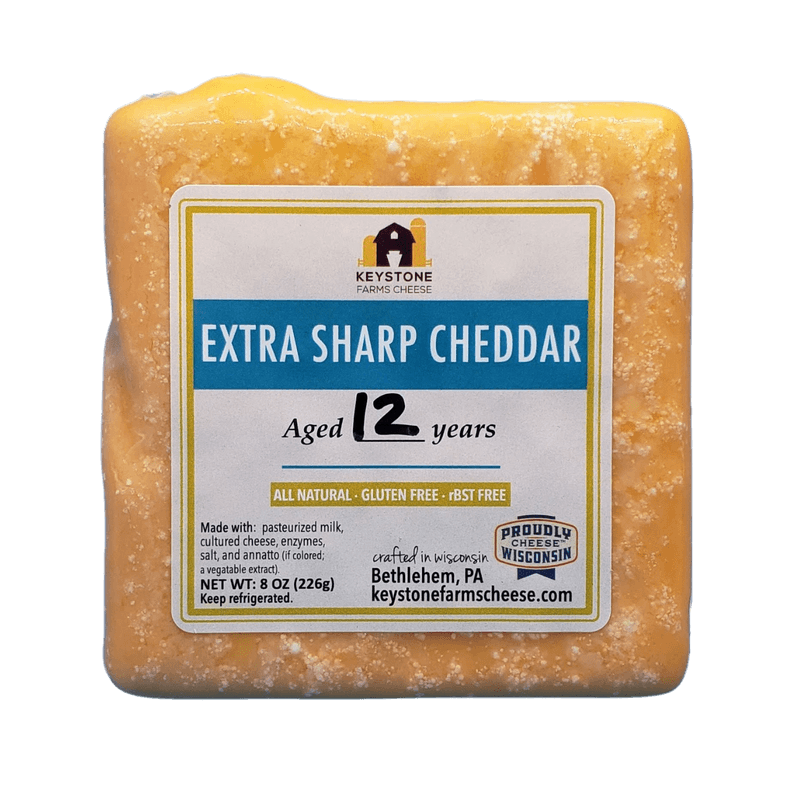
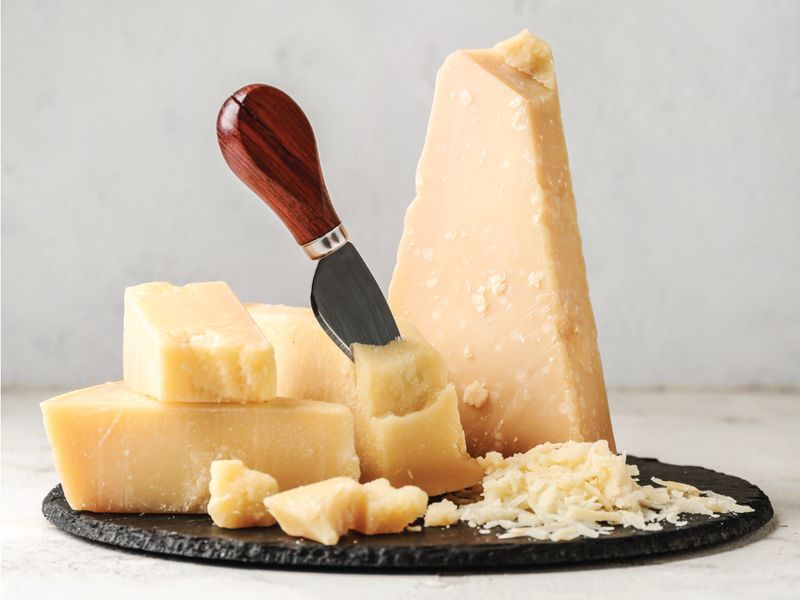
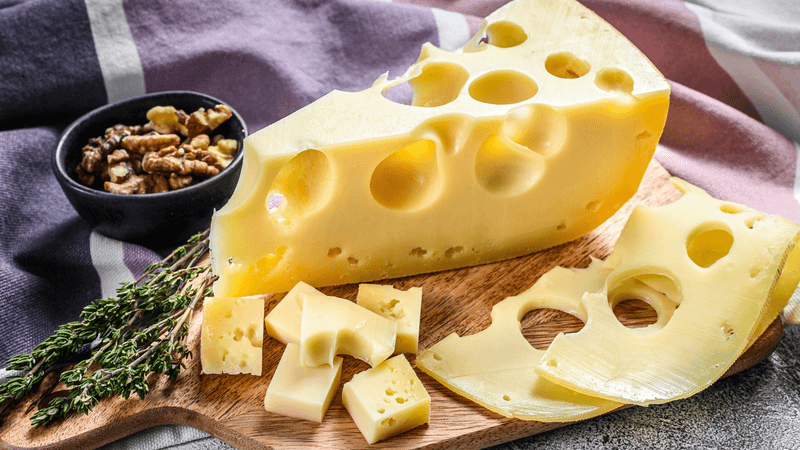
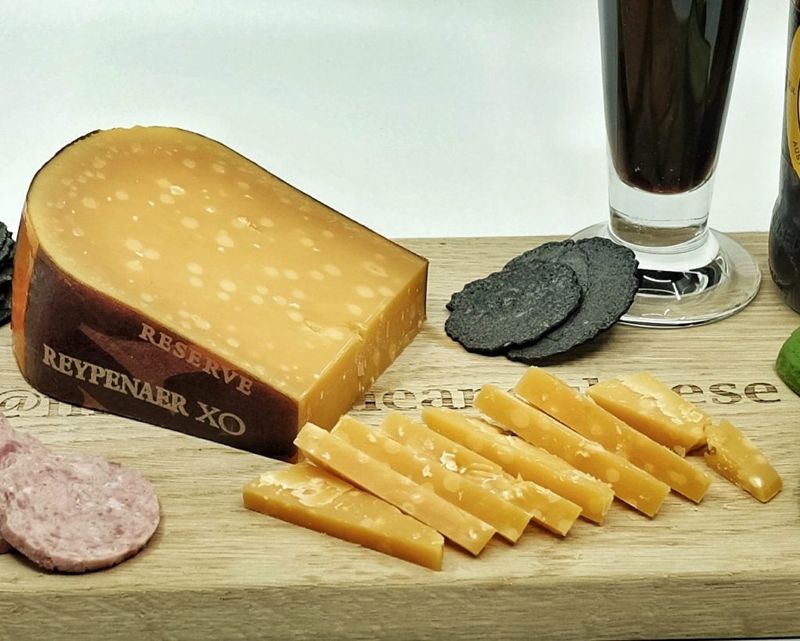
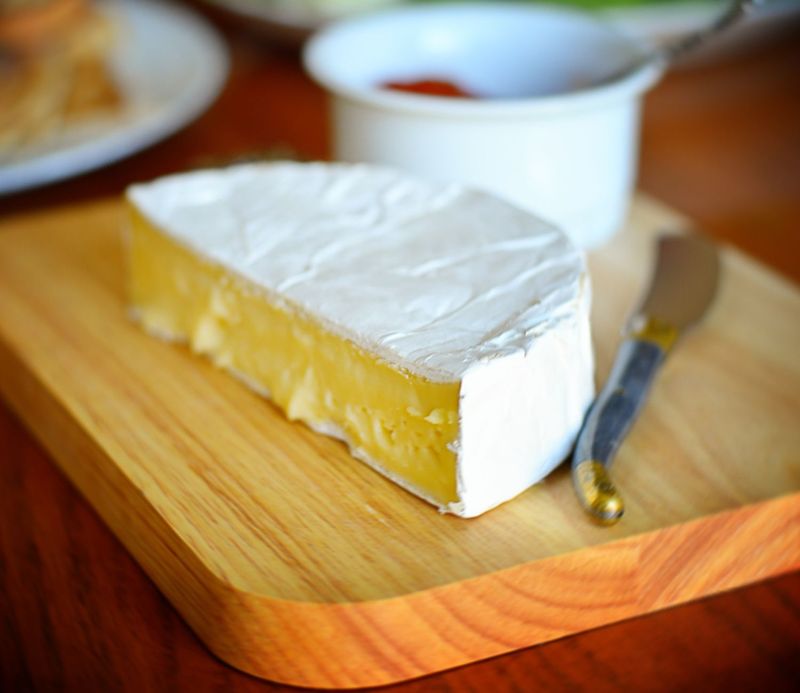
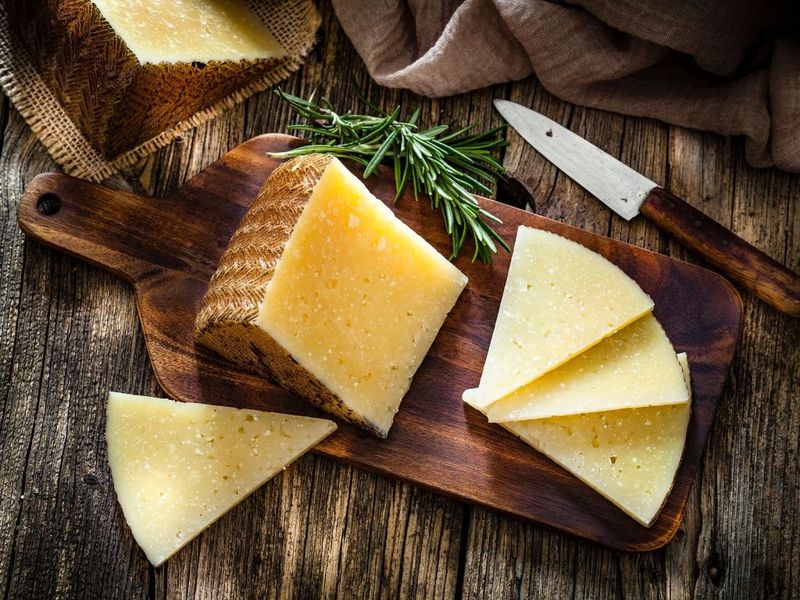
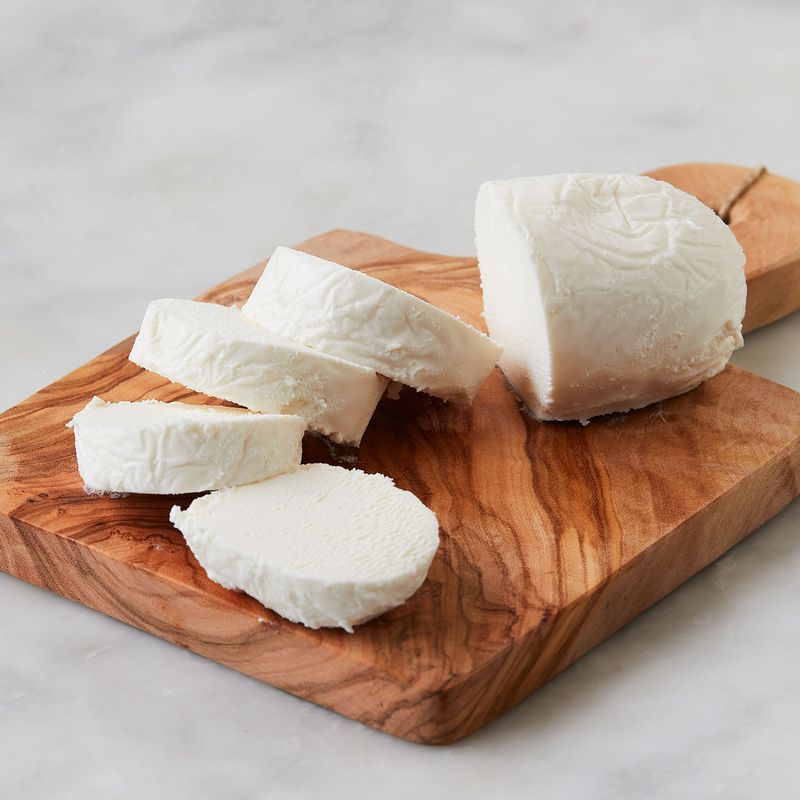
Leave a comment